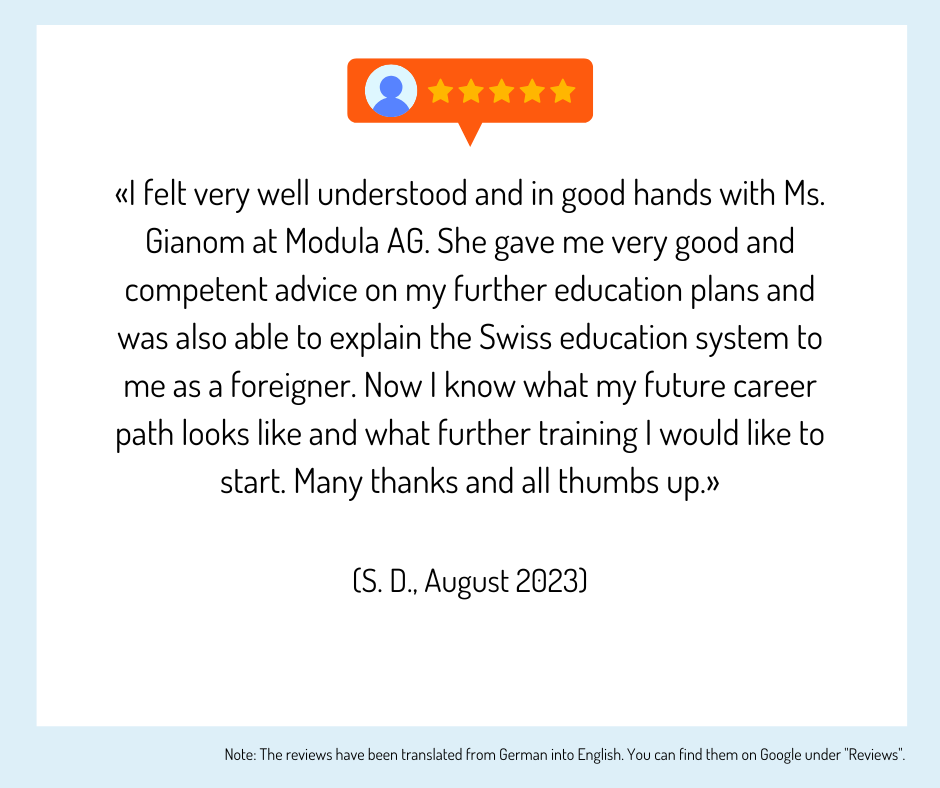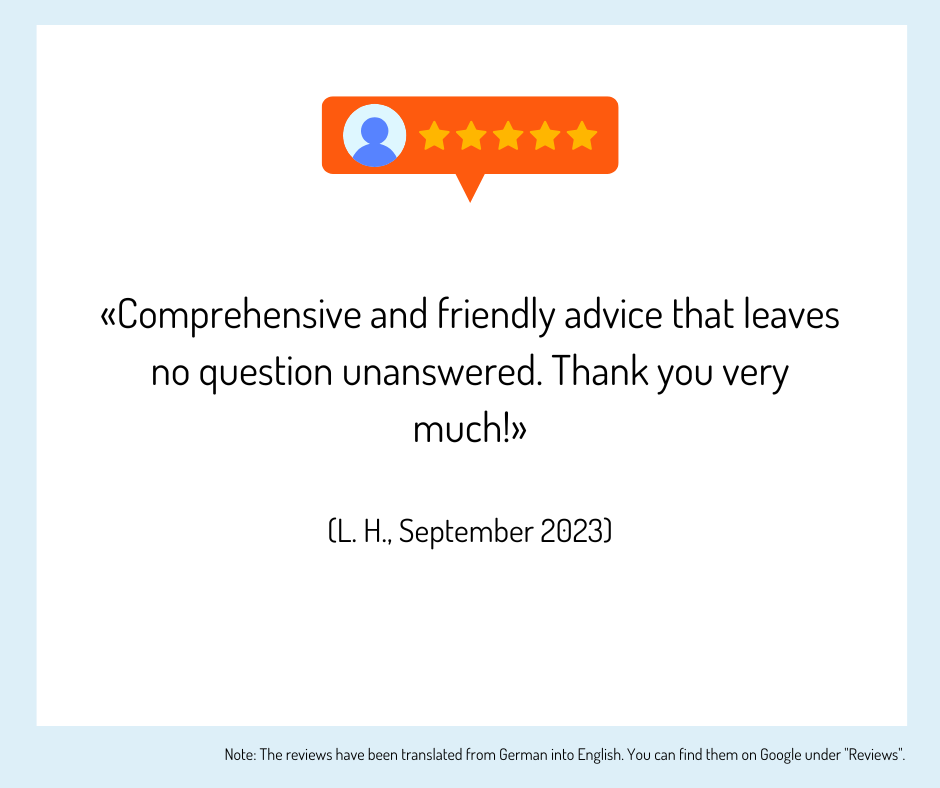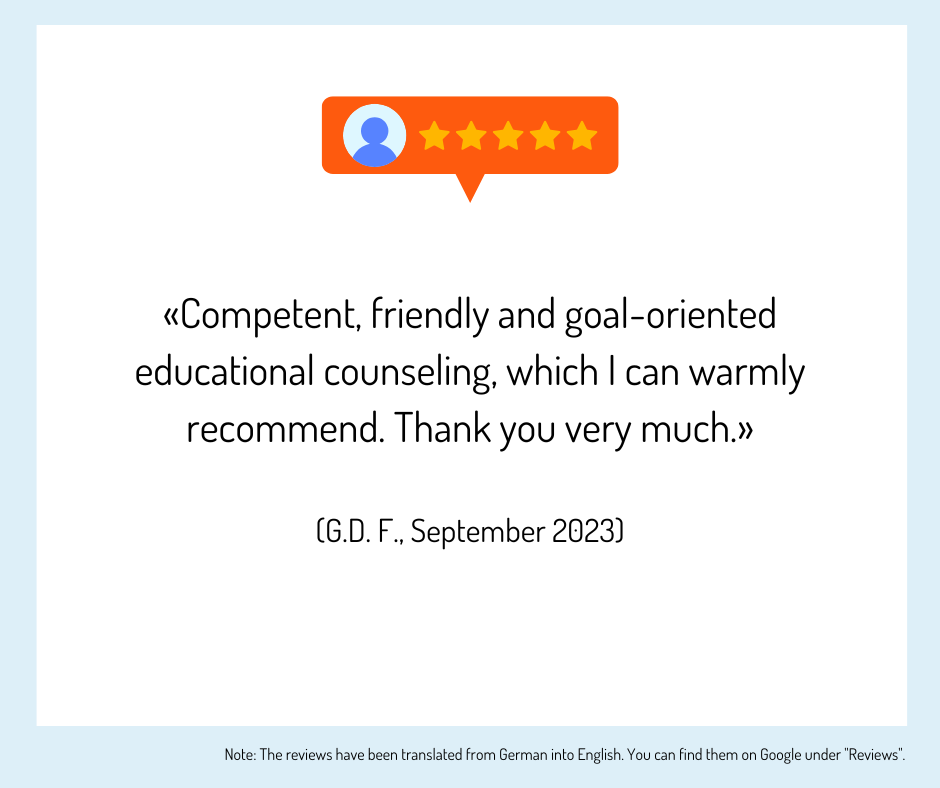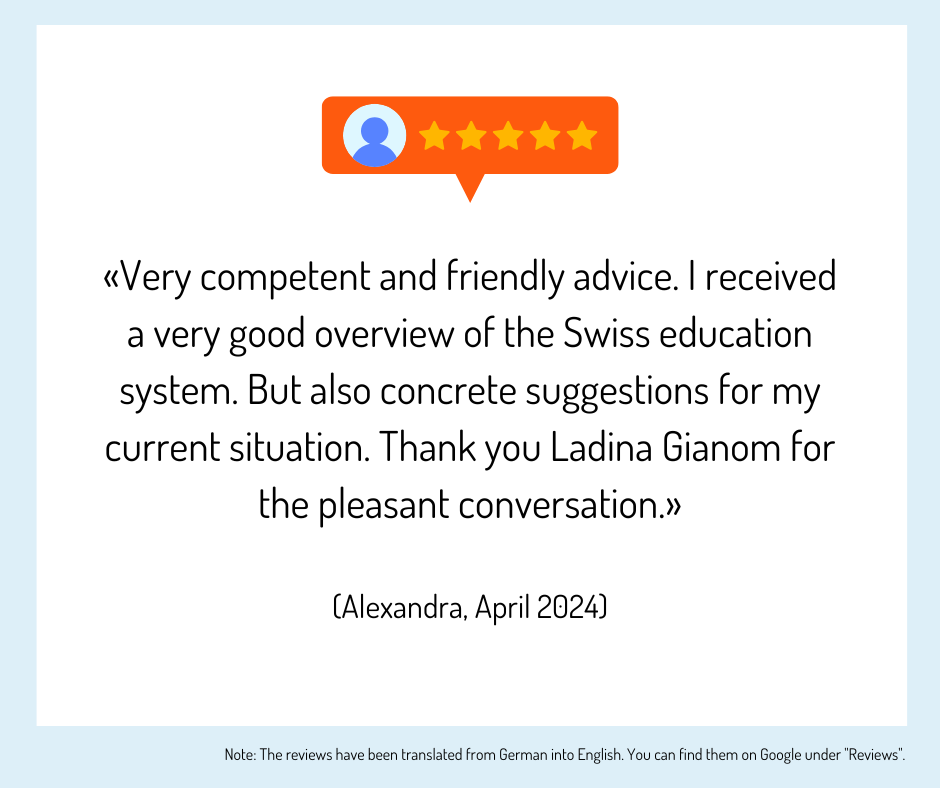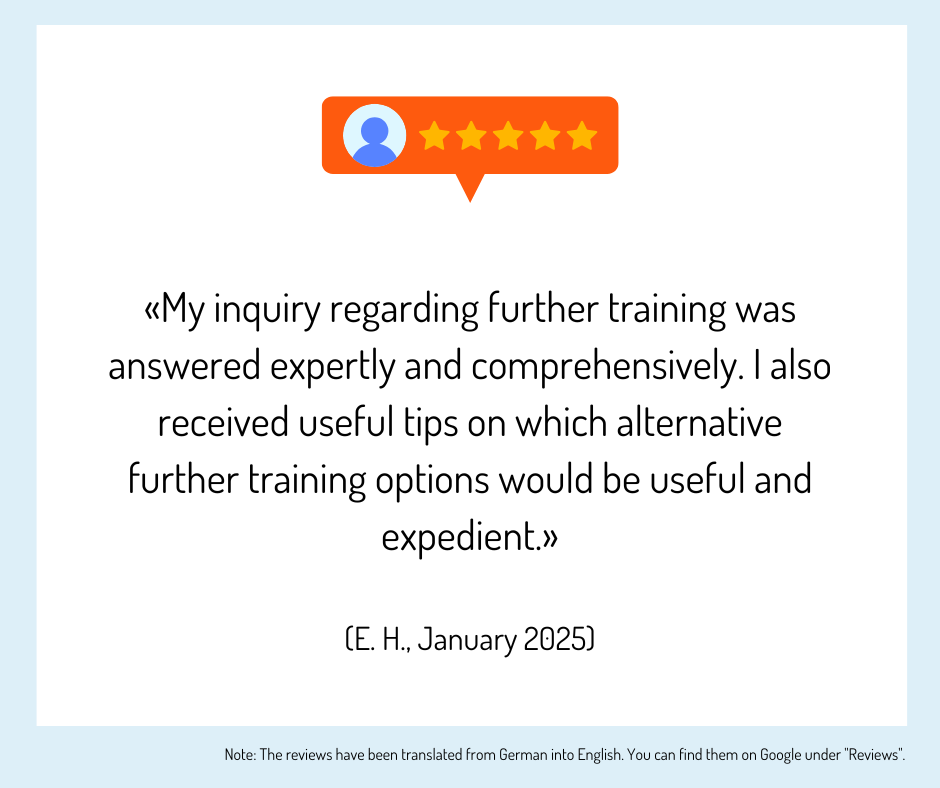Technical operations specialist: providers, information, questions and answers, self-test
Technical operation specialist (TOA): Keeping things running in the operating theater
Questions and answers
Is the training course "Specialist in surgical technology" (formerly TOA) also practically oriented?
As the knowledge required for a professional activity cannot only be taught in theoretical lessons, practical training within this HF course is essential. For this reason, training in surgical technology is divided into classroom training and practical training.
What further training opportunities are there after the TOA training?
After the TOA training, the following further training options are available as a specialist in surgical technology HF:
- Courses offered by hospitals, companies, educational institutions and the professional association SBV TOA in the areas of management, training, specialization, microbiology and hygiene
- Higher professional examination (HFP) as a specialist in infection prevention in the healthcare sector with a federal diploma
- Degree programs in related fields at universities of applied sciences, e.g. Bachelor of Science (FH) in nursing or medical technology
Is the training to become a technical operation specialist (TOA) identical to the training to become a specialist in surgical technology HF?
Since February 2022, the current HF training to become a certified surgical technology specialist HF has replaced the previous training to become a certified technical operations specialist HF (TOA).
How long does the training to become a specialist in surgical technology HF take?
The surgical technology course at a higher technical college takes three years of full-time study. The exact scope of the training and self-study can be obtained directly from the training providers.
What activities can be carried out after training as a surgical specialist?
The following activities can be carried out after training as a surgical specialist:
- Before the operation
- wash your hands and put on sterile clothing
- Prepare instruments and materials for the planned operation
- Prepare devices
- make sure that the equipment, infrastructure and lighting in the operating theater are working properly
- take the right precautions for certain work situations, e.g. radiation protection
- greet and inform the patient, taking her needs into account
- During the operation
- assist the surgeon in putting on the sterile gown and gloves
- professionally assist the surgeon during the operation
- handing or removing instruments, fluids, compresses and other required materials
- to ensure that the devices are in good working order and to replace them if necessary
- After the operation
- Ensure that the patient is returned safely from the operating table to the bed
- Checking, cleaning and sterilizing the instruments and materials used
- ensure that sterilization is carried out correctly
- ensure that the material and medication are available in sufficient quantities
- to supervise and accompany the learners
Why do you need VOM training?
Work in the operating theatre must be routine and smooth so as not to jeopardize the outcome. As a specialist in surgical technology HF, you will hand the operating doctor the necessary instruments at the right time during the operation. After completing your TOA training, you will be able to help ensure that the operation runs smoothly. After the operation, the instruments must be properly reprocessed and the operating theater prepared for the next operation. Operating theatre assistants are also jointly responsible for the organization and planning of an operation. As part of a well-coordinated and highly specialized team, they work successfully in the operating theatre in a very confined space.
Technical operations specialist training - What do you learn?
A technical operations specialist apprenticeship provides graduates with specialist knowledge in the following areas:
- Preparation of the operation: instruments, materials, devices
- Instrumentation during the operation
- Nursing and care of patients in the operating area
- Organization and logistics
- Cooperation and communication
- Quality management
What requirements must be met for the "HF surgical technology" course?
To be admitted to the HF training course, a vocational apprenticeship with an EFZ (e.g. as a medical practice assistant EFZ, health specialist EFZ or comparable), a Matura or an equivalent qualification and the passing of an aptitude test or an admission procedure. The conditions are determined individually by the schools.
Will I also receive a salary during the internships in the "Specialist in surgical technology HF" (formerly TOA) training program?
During your practical surgical technology training (formerly TOA), you will receive a monthly training salary. The amount of the salary may vary depending on the place of employment and canton. Therefore, please contact the school of your choice directly.
Tips, tests and information on "Specialist in surgical technology HF" (TOA)
Erfahrungen, Bewertungen und Meinungen zur Ausbildung / Weiterbildung
Haven't found the right training or further education yet? Benefit from educational advice now!
Further training is not only important in order to maintain or increase professional attractiveness, investing in training or further training is still the most efficient way to increase the chances of a pay rise.
The Swiss education system offers a wide range of individual training and further education opportunities - depending on your personal level of education, professional experience and educational goals.
Choosing the right educational offer is not easy for many prospective students.
Which training and further education is the right one for my path?
Our education advisory team will guide you through the "education jungle", providing specific input and relevant background information to help you choose the right offer.
Your advantages:
You will receive
- Suggestions for suitable courses, seminars or training programs based on the information you provide in the questionnaire
- An overview of the different levels and types of education
- Information about the Swiss education system
We offer our educational counseling in the following languages on request: French, Italian, English
Register now and concretize your training plans.
